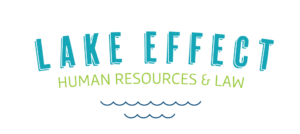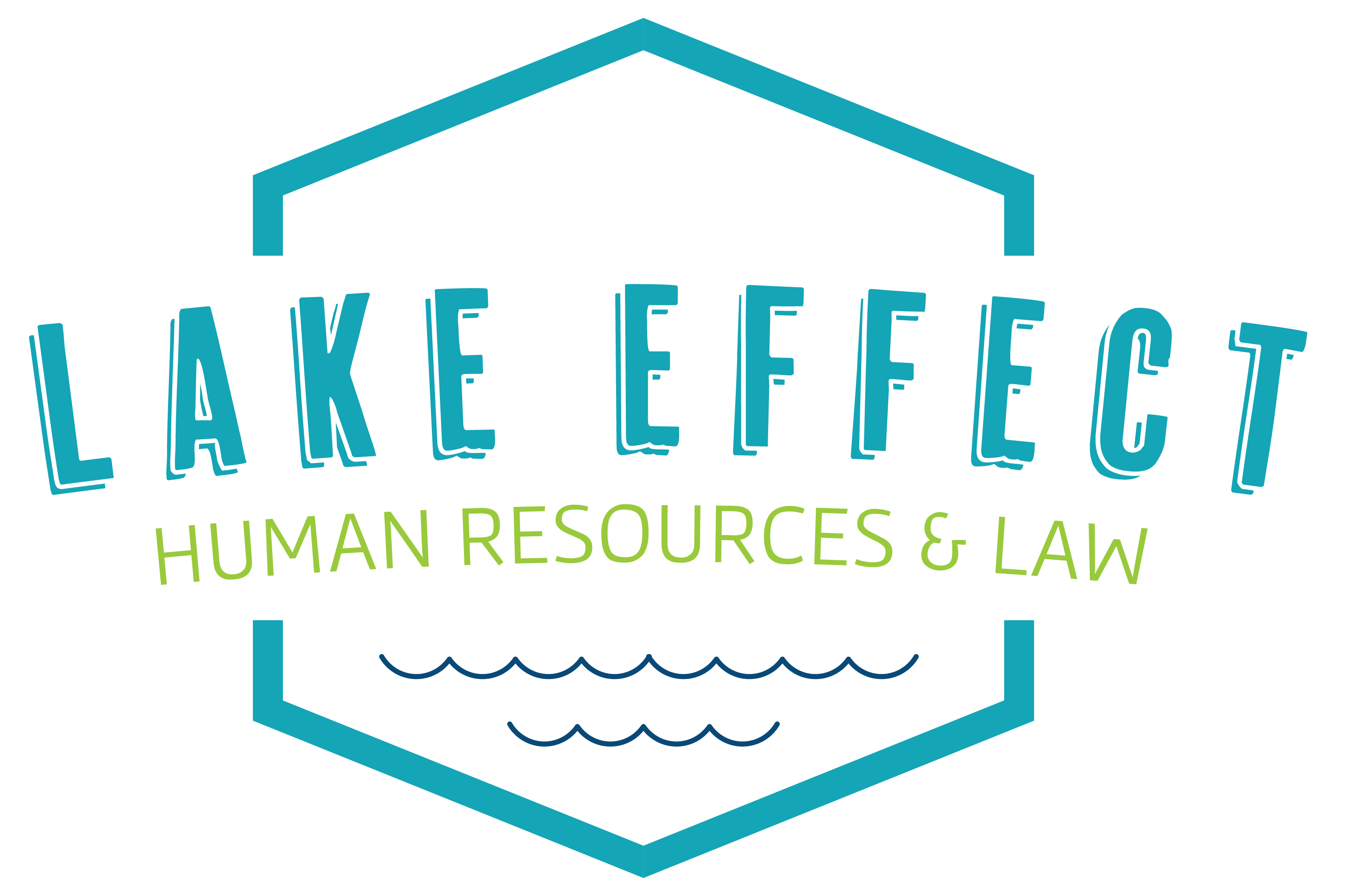On May 18, 2023, the EEOC issued a technical assistance guide on the use of artificial intelligence tools in employment selection procedures under Title VII, which is the federal anti-discrimination law. The guidance recognizes employers’ increasing use of AI-developed algorithmic decision-making tools in hiring, promotion, and firing. Such tools may include software designed for resume-screening, hiring, video interviewing, and employee monitoring. The EEOC guidance confirms that these types of tools, like more traditional employment decision-making procedures, must be monitored to ensure that they do not disproportionately exclude applicants or current employees based on a protected class. This would constitute unlawful “disparate impact” discrimination under Title VII unless the employer shows that the use of the tool and the use of a protected characteristic in the decision-making process is “job related and consistent with business necessity.” The EEOC specifically notes:
- An employer may be responsible under Title VII for the impact of algorithmic decision-making tools even if the tools are designed or administered by a third party. Therefore, employers should select software vendors carefully and assess what steps have been or must be taken to evaluate the selection rates for individuals in protected categories.
- In assessing disparate impact, the EEOC has historically relied on the general rule that the selection rate for one group is “substantially” different from that of another group if the ratio of former to latter is less than four-fifths or 80%. The EEOC will apply the same rule of thumb to AI developed selection tools. However, the guidance cautions that the four-fifths rule is not dispositive with respect to establishing or disproving disparate impact under Title VII.
- The EEOC guidance encourages employers to conduct self-analyses on an ongoing basis to assess whether a selection tool has disproportionately negative effects on any protected group. Employers can then take proactive steps to revise or change the tool and avoid violating Title VII.
Lake Effect is here to answer all of your questions about employment laws, regulations, and new agency guidelines. We continue to monitor important legal and HR developments, as well as other information that could impact the workplace. Please watch our blogs and emails for these important updates, as well as discussions of how compliance meets culture. To dive into these issues, contact us at info@le-hrlaw.com or 1-844-333-5253.




